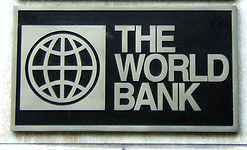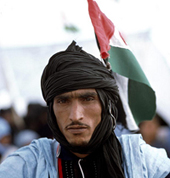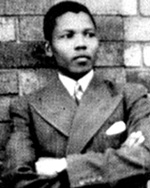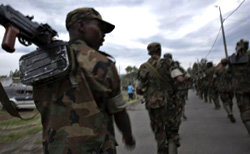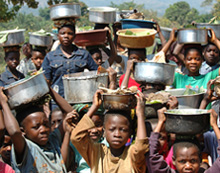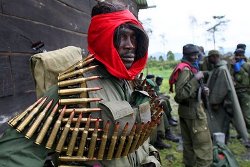
Africa: The Role of Natural Resources in Civil Wars
A 23 year old Congolese woman told Human Rights Watch that the soldiers "raped us and dragged us to their camp which was not far away. I stayed there for one month, under constant supervision. Even when I went to fetch water, he came with me to ensure that I did not run away.... There was no conversation between us, he had sex with me at any moment, when he felt like it, and with a lot of violence. I spent my days crying. I begged God to free me from this hell." Stories of this nature are not unusual in the DRC.

